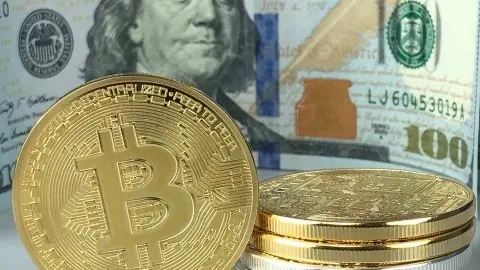The costs of holding cash
Coins are a pain to hold on to and consumers are often eager to get rid of them, according to Jay Zenkic, Kobe Millet and Nicole Mead in a recent TFI report. This has important implications for spending and saving
Despite the ease of credit and debit cards, cash is still king and many people worldwide still rely on it every day. Even in The Netherlands, the least cash-reliant country in Europe, almost half of the transactions occur in cash.
Parting with cash can sometimes be difficult. Studies have shown that paying with credit cards actually dulls the pain of paying, even though the cost is the same. But new TFI research shows that holding on to some forms of cash can be painful, too.
While paper banknotes are light and easy to carry, coins are heavy and cumbersome. In both developed and developing countries, people see coins as an inconvenience and something to be rid of, which in turn affects spending habits.
In India, poor consumers spent the equivalent of 10% of their daily income more when they had coins instead of notes. In a different study- this time hypothetical- European and American consumers donated more of their money but also gambled more with coins than with notes.
This spending behaviour could have detrimental effects on consumer finances. After all, the more we spend the less we can save. So what can be done? One innovative and pragmatic solution could be to have organisations return change from cash transactions onto debit cards, credit cards, or other forms of digital wallets.
This publication has been prepared by ING solely for information purposes irrespective of a particular user's means, financial situation or investment objectives. The information does not constitute investment recommendation, and nor is it investment, legal or tax advice or an offer or solicitation to purchase or sell any financial instrument. Read more
Tags
ConsumerDownload
Download article
23 September 2019
What’s happening in Australia and around the world? This bundle contains 6 Articles